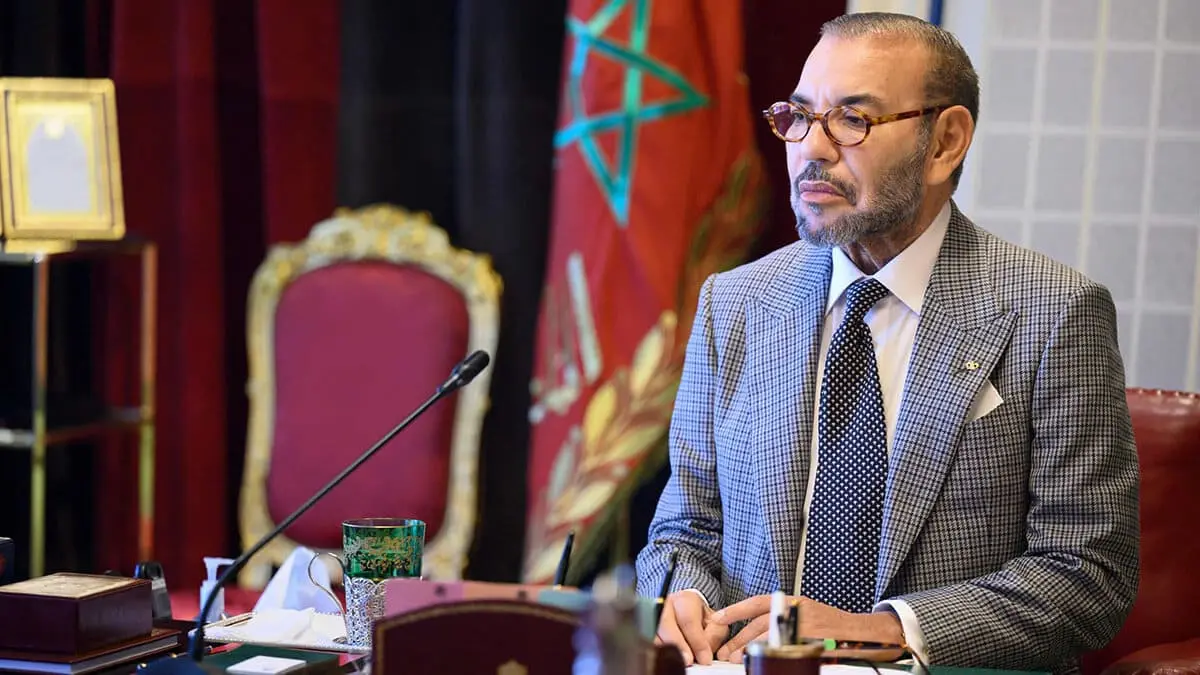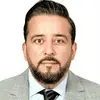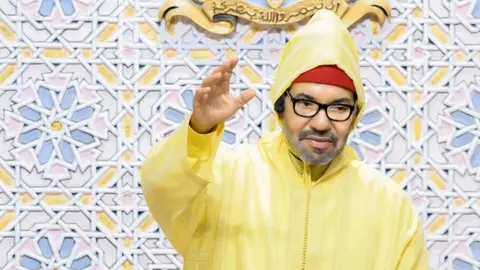A roadmap for building a developed and stable Morocco

In his speech marking the 26th anniversary of his accession to the throne in 2025, King Mohammed VI delivered more than just a celebratory address; he presented a strategic roadmap for building an advanced and stable Morocco.
The speech, delivered in a complex international situation and amid multiple internal challenges, was based on three main pillars: promoting economic development, consolidating social justice, and regional openness. The three pillars embody the King's vision of building a unified and strong state capable of facing global transformations and changes.
Since ascending to the throne, Moroccan King Mohammed VI has worked to crystallize a long-term vision for Morocco's economic and industrial recovery. In his speech, he noted that “what our country has achieved was not a coincidence, but the result of a long-term vision, the correction of major development choices, and political and institutional security and stability.”
This vision has been reflected in the growth of industrial exports, which have more than doubled since 2014, jumping from around $20 billion to more than $45 billion today. The automotive sector played a prominent role, with production exceeding two million cars per year, while the aviation sector grew by 25 percent, and renewable energy has become more than 40 percent of Morocco's total electricity capacity thanks to the Noor and Our Razazate solar energy projects and investments in wind farms in Souss and the east of the Kingdom.
Morocco, led by Mohammed VI, is not only a country on the rise, but a model to follow for the balance between comprehensive development, national sovereignty, and regional cooperation.
This progress would not have been possible without high-speed infrastructure: from the high-speed rail line (Al-Buraq) connecting Tangier to Casablanca at a speed of 320 km/h, to seawater desalination plant projects on the Agadir-Kalemim axis, through modern road and bridge networks connecting the country.
On the social front, the King did not overlook efforts to reduce disparities and improve the living conditions of citizens. Data from the High Commission for Planning showed a decline in the multidimensional poverty rate from 11.9 percent in 2014 to 6.8 percent in 2024, while Morocco surpassed the “high human development” threshold in the United Nations index.
However, the King acknowledged that there were clear disparities between rural and urban areas: mountain villages and southern provinces still suffer from a constant lack of basic services. He therefore called for an integrated development approach, focusing on the activation of advanced regionalism and the valorization of local specificities, supporting investment projects in small and medium-sized enterprises, promoting primary and secondary education, improving health services in villages, expanding the social safety net through the generalization of the family compensation system, and extending the umbrella of health insurance (RAMED).
On the political front, the King emphasized the need to complete democratic reform and ensure electoral integrity. As the 2026 legislative elections approach, he called for the adoption of an agreed electoral law before the end of 2025, including reform of the ballot box, renewal of youth and women's representation, and facilitation of the participation of the Moroccan community abroad through electronic voting. These reforms come in the context of responding to the requirements of the Constitution ratified in 2011, which enshrined the principles of separation of powers and strengthened the role of parliament and regional councils.
In terms of foreign policy, King Mohammed VI highlighted Morocco's commitment to opening up to its regional environment, despite tense relations with Algeria and the closure of land borders since 1994. In his speech, he said that “the Algerian people are a brotherly people,” calling for frank and responsible dialogue aimed at rebuilding trust and strengthening cooperation in the Maghreb.
This call for dialogue gives Algeria the opportunity to take its position, respond to open the borders, and allow the two peoples to communicate and exchange visits, especially joint or mixed families located on both sides of the border between the two countries.
The Moroccan monarch did not set any preconditions for dialogue in his speech, demonstrating that the call is sincere and serious and that its objective is to bring people together, strengthen commonalities, neutralize elements of dispute, and leave them to time, dialogue, and regional and international institutions to resolve them without this being at the expense of the two neighboring peoples.
The call for the activation of the Maghreb Union to include everyone, first and foremost Algeria, carried a long-standing and intelligent signal that there is no need for a parallel union to exclude this or that country, and that the first step is to revive the structure of the Maghreb that exists with a collective effort and is capable of rising up.
Since ascending to the throne, Moroccan King Mohammed VI has worked to crystallize a long-term vision for Morocco's economic and industrial recovery.
Morocco believes that Maghreb unity represents a strategic framework for joint development, especially in the areas of energy and electricity exchange, cross-border water resource management, and addressing security challenges such as terrorist threats and irregular migration.
At the same time, the “Autonomous Government Initiative” in the Moroccan Sahara has gained growing international recognition, especially from the United States, the United Kingdom, Portugal, and other members of the European Union, paving the way for a final solution that guarantees “no excesses” within the framework of Moroccan sovereignty.
The speech did not mention the environmental challenges exacerbated by drought and climate change, as Morocco is likely to be a model for adaptation and disaster prevention. Major projects for pivot irrigation in Souss and Meknes and smart water distribution networks in major cities have been implemented, and the public and private sectors have joined forces to invest in new dams and seawater desalination plants. The King considered that “environmental issues are not a matter of well-being, but a condition for the survival of future generations,” calling for the promotion of the green economy and the rehabilitation of degraded land.
In conclusion, the 2025 Throne Speech reflects the Moroccan leadership's ability to combine ambition and realism. Despite the remarkable achievements on city streets, export markets, and high-speed rail lines, consideration of the human and social dimension remained at the center of royal attention. The challenge now is to translate this vision into effective executive programs in the coming years, to include all citizens, to support digital transformation through “e-government,” and to ensure a future that keeps pace with global developments without neglecting the gains in sovereignty and stability.
It was pointed out in this speech that the talk about the celebration of Throne Day was not just a festive moment, but an opportunity to identify the achievements that have been made and to anticipate the challenges that await the country, in a clear message confirming that Morocco is not satisfied with what has been achieved, and always seeks further development and improvement rather than defending its achievements, praising itself, or explaining limited possibilities or realistic difficulties, which makes the royal speech an annual opportunity for annual assessment, correction, addressing shortcomings, and pointing out flaws to overcome them.
In the end, King Mohammed VI emphasizes in this speech that Morocco is not just a country on the rise in statistical indicators, but a balanced model for the cohesion of economic and social development and constructive diplomacy. The next challenge is to continue activating this vision on the ground and expand the spaces for regional cooperation, especially with Algeria, towards a prosperous Arab Maghreb based on solidarity.
Mohammed Al-Houni. Editor-in-chief, Al Arab


